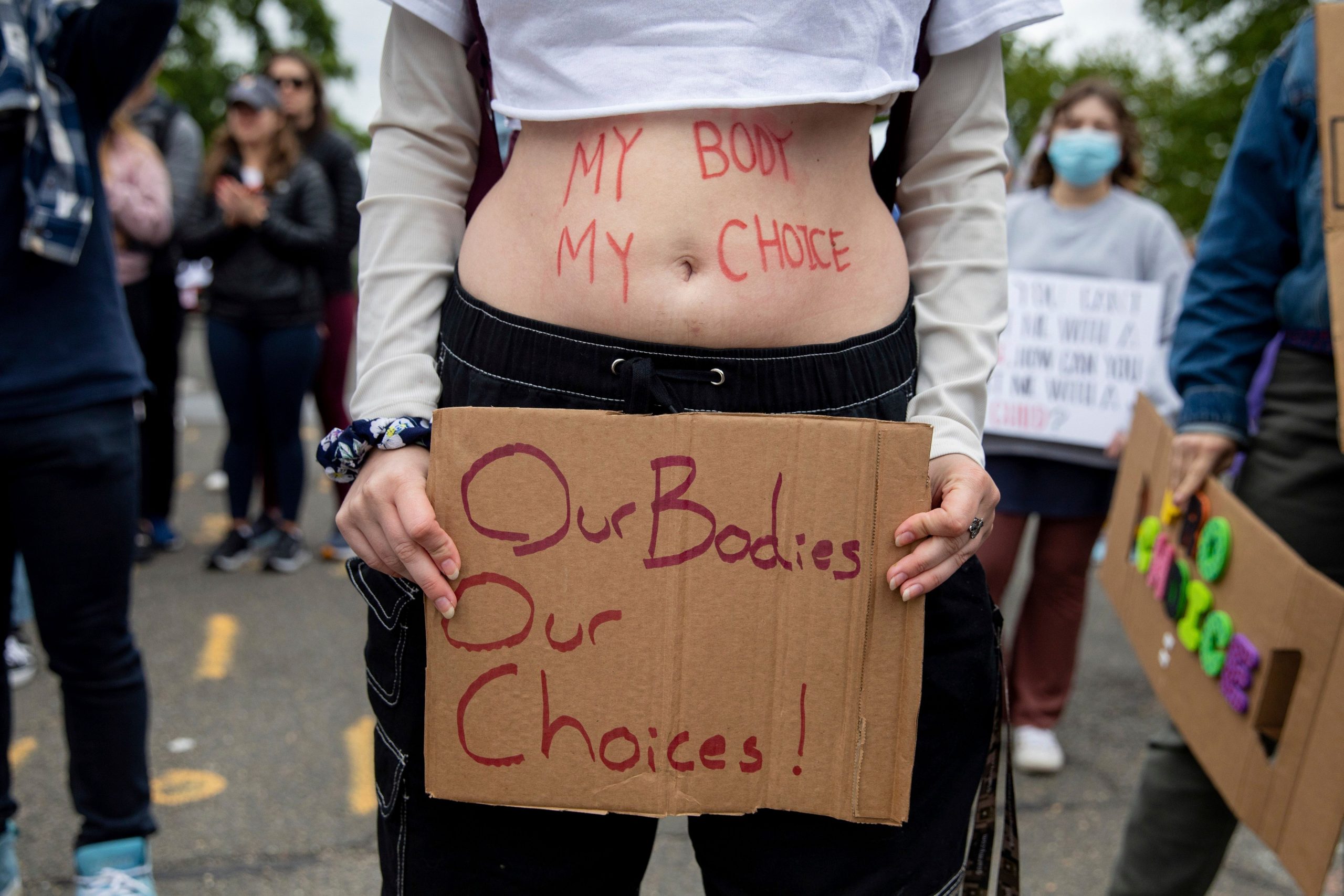“Abortion presents a profound moral issue on which Americans hold sharply conflicting views.” On May 2, 2022, there was a US Supreme Court leaked draft opinion by Associate Justice Samuel Alito. If confirmed, this decision would overturn the Court’s previous decisions establishing the right to abortion.
“The authority to regulate abortion must be returned to the people and their elected representatives,” Alito writes. The Court’s decision is based on a strictly historical reading of the United States Constitution: “The Constitution makes no reference to abortion, and no such right is implicitly protected by any constitutional provision.” His unusual text frequently compares abortion to murder.
Also read: What is ‘summer of rage’? Abortion activists’ threat if Roe v. Wade goes
The 14th Amendment’s Due Process Clause has been the primary cornerstone underlying American women’s right to abortion. That 1868 Amendment was enacted during the period of American Reconstruction, when states’ powers were being limited. The Amendment’s objective was to prevent states from unreasonably restricting their citizens’ freedoms. The Supreme Court previously concluded that the protection of personal liberty applied, with restrictions, to pregnant women who choose to seek an abortion.
That logic was rejected by Alito. He contended that any right not specified in the Constitution must be demonstrated to have deep roots in the nation’s history and tradition in order to be protected. Abortion does not meet that standard. Worse, Roe was a “raw judicial power exercise,” it “short-circuited the democratic process,” and it was “egregiously wrong” from the start. According to Alito, it was now time to “set the record straight.”
Also read: US Senate strikes down Roe v. Wade codification. What’s next?
What makes this draft judgement so startling, inhumane, and unreasonable is that the Court is basing its conclusion on an 18th-century document that is unaware of 21st-century reality for women. History and tradition should be maintained, but only as guides. The law should be able to adapt to new and unexpected situations and predicaments. Although Alito provides a thorough legal history of abortion, he completely ignores the health of today’s women seeking abortions.
Unwanted pregnancy and abortion are universal occurrences. Every year, over 120 million unwanted pregnancies occur worldwide. Three-fifths of these result in abortion. And of these, it is anticipated that 55 percent are safe—that is, finished using a medically prescribed procedure and conducted by a competent physician. This results in 33 million women having unsafe abortions, putting their lives in danger since regulations restrict access to safe abortion providers.
Also read: Michigan’s ‘draconian’ 1931 abortion law: Explained
In the United States, Black women have double the rate of unwanted pregnancy as non-Hispanic White women. And the maternal death rate for Black women, which is exacerbated by unsafe abortion, is nearly three times that of white women. These stark racial and socioeconomic gaps require immediate answers, not additional legal impediments. Women will die if the United States Supreme Court upholds its draft decision. The Justices who vote to overturn Roe will only succeed in terminating safe abortion, not in ending abortion altogether. Women’s blood will be on Alito and his followers’ hands.
In 2018, the Guttmacher–Lancet Commission on Sexual and Reproductive Health and Rights for All concluded that the rights, including the right to safe abortion for complications from unsafe abortion, were essential to any conception of a woman’s wellbeing and gender equality.
Also read: Why overturning Roe v. Wade will take a financial toll on women
The availability of an essential package of sexual and reproductive health interventions, including comprehensive sexuality education, access to modern contraceptives, safe abortion services, HIV and other sexually transmissible disease prevention and treatment, gender-based violence prevention and treatment, sexual health counselling, and infertility services, should be a fundamental right for all women. It is a commentary on the current American society when a small group of Justices is able to hurt women, their families, and the communities they are supposed to protect?
The path forward is hazy and dangerous. The Supreme Court’s rationale suggests that future attacks on a wide range of other civil rights, from marriage equality to contraception, are likely. Despite urgent requests from some members of Congress, the Biden administration’s enactment of Roe v. Wade is exceedingly doubtful.
Also read: Abort aborting human rights: criminalising abortions is unsafe, unfair
It is problematic that a Court is poised to impose a healthcare policy that is supported by only 39% of Americans. Indeed, denying women the right to safe abortion would be a judicial endorsement of state control over women—a stunning loss for women’s health and rights with worldwide ramifications.







